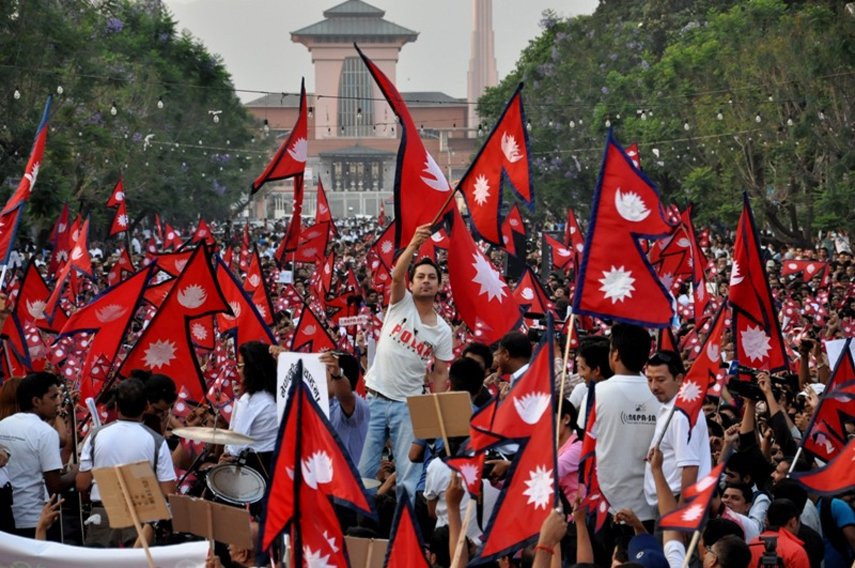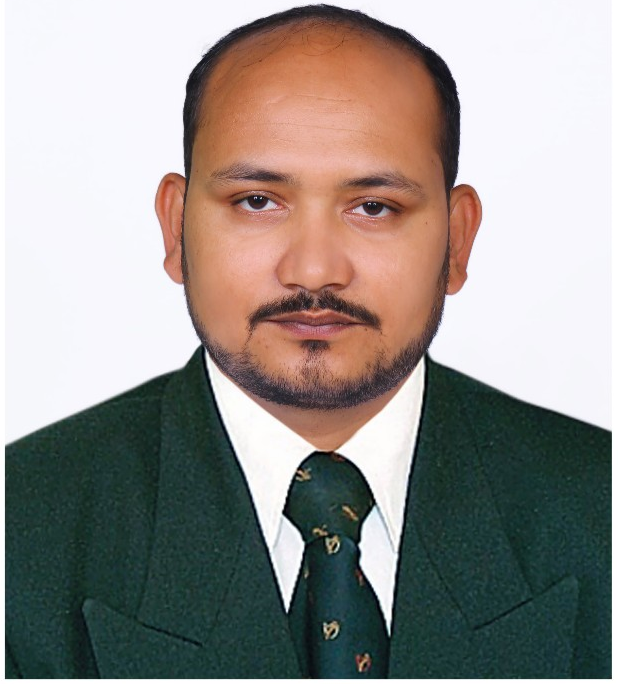The Consequences of Populism and Stunt Politics: Threats to Democracy in Nepal

The rise of populism and stunt politics poses significant threats to the establishment and consolidation of democracy, particularly in countries like Nepal where democracy is not yet fully institutionalized. While populism may initially appear to give voice to the grievances of the marginalized, its consequences can undermine democratic principles and erode the foundations of a democratic society. This article explores the implications of populism and stunt politics in Nepal, highlighting the threats they pose to the country's democratic progress.
Erosion of Democratic Institutions: Populist leaders often undermine democratic institutions and checks and balances in their pursuit of power. They tend to concentrate power in their own hands, bypassing or undermining established democratic processes. In Nepal, where democracy is still evolving, such tendencies can weaken the already fragile democratic institutions, including the judiciary, legislature, and independent regulatory bodies. This erosion of institutions undermines the democratic fabric and jeopardizes the balance of power essential for a healthy democracy.
Polarization and Divisiveness: Populist rhetoric tends to exploit societal divisions, often along ethnic, religious, or socioeconomic lines. This leads to increased polarization and fosters an "us versus them" mentality, where those who do not align with the populist leader's narrative are labeled as enemies or traitors. In Nepal, a country with diverse ethnic and cultural groups, the consequences of such polarization can be severe, threatening social cohesion and potentially fueling conflicts along identity lines.
Erosion of Civil Liberties and Human Rights: Populist leaders may exploit their popularity to curb civil liberties and restrict human rights in the name of protecting the interests of the majority. This can manifest in the form of censorship, restrictions on the media, crackdowns on dissent, and the suppression of minority voices. In a country like Nepal, where democratic institutions are still developing, such erosion of civil liberties can have far-reaching consequences, stifling freedom of expression, assembly, and association.
Weakening of the Rule of Law: Populist leaders often exhibit a disregard for the rule of law and engage in actions that undermine judicial independence. They may attack the credibility of the judiciary, interfere with judicial processes, or seek to reshape the judiciary to align with their own political interests. This erosion of the rule of law in Nepal can undermine public trust in the justice system and create an environment of impunity, where accountability and fairness are compromised.
Policy Shortcomings and Neglect of Development: Populist leaders often prioritize short-term gains and rhetoric over long-term policy planning and development. This can result in a neglect of critical issues such as economic development, social welfare, and infrastructure improvement. In a country like Nepal, where development challenges are significant, this diversion of attention and resources can hinder progress and perpetuate socio-economic disparities.
Threat to Democratic Values and Norms: Populism and stunt politics can erode democratic values and norms that are essential for the functioning of a democratic society. Principles such as tolerance, respect for diversity, inclusivity, and pluralism can be undermined, leading to an erosion of democratic culture. This erosion threatens the very foundations of democracy and hampers the country's progress toward a more inclusive and just society.
Nepal, with its ongoing democratic transition, must be vigilant in addressing the threats posed by populism and stunt politics. Strengthening democratic institutions, promoting inclusive governance, and fostering a culture of dialogue and compromise are essential to mitigating these risks. It is crucial for political leaders, civil society organizations, and citizens to work together to uphold democratic values, protect fundamental rights, and ensure that Nepal's democratic journey continues on a path of stability, inclusivity, and progress.



Leave Comment